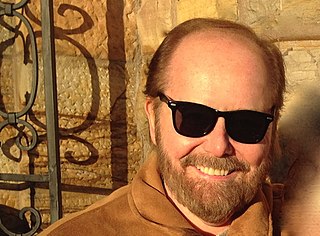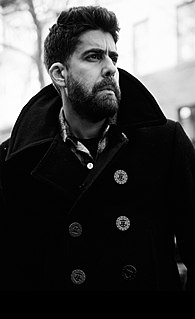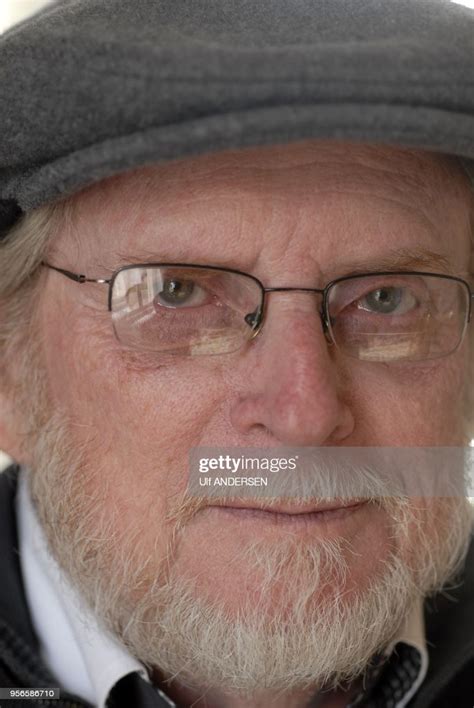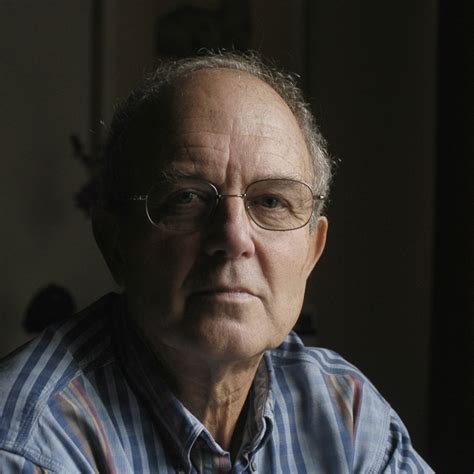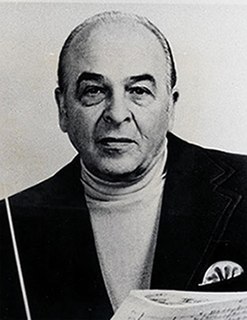A Quote by May Sarton
I write poems, have always written them, to transcend the painfully personal and reach the universal.
Related Quotes
When I worked on a magazine, I learned that there are many, many writers writing that can't write at all; and they keep on writing all the cliches and bromides and 1890 plots, and poems about Spring and poems about Love, and poems they think are modern because they are done in slang or staccato style, or written with all the 'i's' small.
If you can find two poems in a book, it could be a pretty good book for you. You know, two poems you really like. There are some poets who are fairly big names in contemporary poetry and who write a book and I might like three or four poems in the book, but the rest of them don't appeal to me personally; but I think that's the way it really ought to be. I think it's really a rare thing to like everything that somebody has written.
I don't let a poem go into the world unless I feel that I've transformed the experience in some way. Even poems I've written in the past that appear very personal often are fictions of the personal, which nevertheless reveal concerns of mine. I've always thought of my first-person speaker as an amalgam of selves, maybe of other people's experiences as well.
The theme of the diary is always the personal, but it does not mean only a personal story: it means a personal relationship to all things and people. The personal, if it is deep enough, becomes universal, mythical, symbolic; I never generalize, intellectualise. I see, I hear, I feel. These are my primitive elements of discovery. Music, dance, poetry and painting are the channels for emotion. It is through them that experience penetrates our bloodstream.


